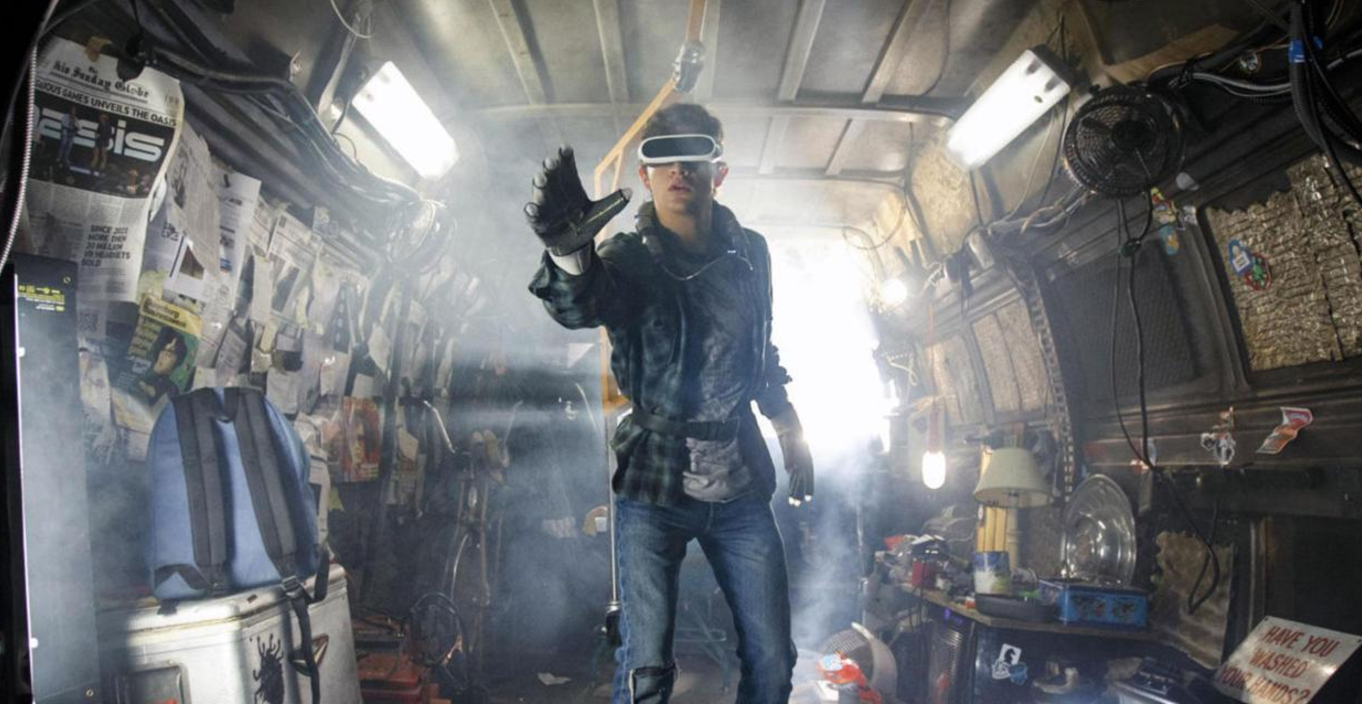
This week one of my favourite fiction books ever got released as a movie – Ready Player One. While I haven’t seen it yet, I already know the book was better. It always is.
“The movie was better” – said no one ever.
If you’ve ever read a book that got turned into a movie, you know this is true. But why?
The movie steals away our imagination. We always overlay a story with our own personal experience. Our own layer of what something should look and feel like. When we hand this over to someone else, such as a movie director, much of what we saw turns out different. It’s an inevitable reality of all creative interpretations. We always prefer our imagined version better, as we should.
This gets interesting given much of what we learn today is through video. We are now far more likely to watch a video to learn about something, than to read about it. Even less likely to read it off screen.
Reading ‘the book’ however, gives us a sense of depth and personal interpretation which just isn’t possible with audio visual. Our brains just don’t have to work as hard to paint a picture of what is, and what could be when it is delivered in full form. Ironically, the benefit of new cheap educational technology delivering quick video on anything, makes the book more valuable than ever. Part of the benefit of the slow version is that it demands we stay inside the idea longer. Reading a book offline, requires us to to change gears mentally and do more than a shallow scan. We have longer to postulate the ideas being presented, more time for our own experiences to mash up and interpret the subject at hand. While video can do that, I don’t think it can do it as well. Maybe there’s now a case for slow ideas, just like there was for slow food?
In a world where most people prefer fast and shallow, the big opportunity has opened up for those prepared to stay longer, explore a little deeper and do the work.
Steve.
